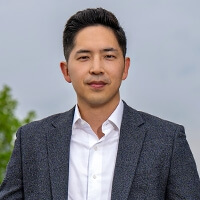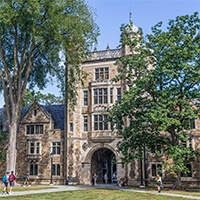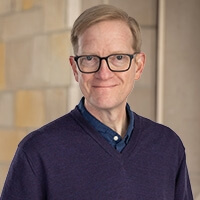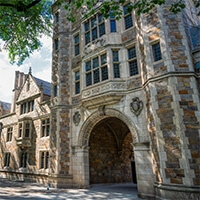The Skadden Foundation has named two Michigan Law students to its 2025 class of Skadden Public Interest Fellows.
Brittney Dorton and Sophie Towle, currently both 3Ls, are among 28 students from 18 US law schools who will receive funding that will allow them to spend two years following graduation pursuing public interest law. Both will work in the area of disability rights.
“Postgraduate fellowships like Skadden are an incredible way for students to start their public interest careers,” said Emily Bretz, ’11, public interest director at Michigan Law.
“Fellows have the freedom to pursue a project in an area of law they are passionate about, including projects related to poverty, civil rights, disability rights, and housing insecurity. We are so thrilled for Britt and Phie and continue to be impressed by their commitment to public service.”
Read further to learn more about Michigan Law’s Skadden Fellows and their projects.
Meet the Michigan Law Skadden Fellows
Brittney Dorton
ACLU Disability Rights Program, San Francisco
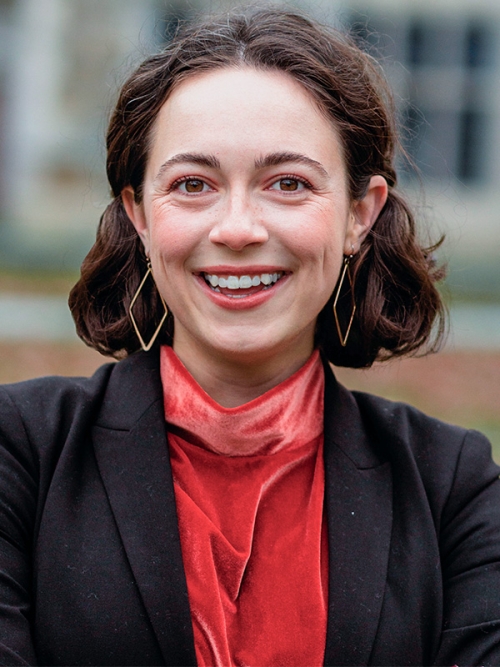
Dorton will draw on her own experience as a disabled person to advocate for others with disabilities. Specifically, she will represent low-income people under or at risk of conservatorship in California and work with courts, law school clinics, and community partners to educate people about alternatives to conservatorship.
“There’s a new law that was passed in California—AB-1663—that requires courts to ensure people with disabilities have been given access to alternatives to conservatorship and to make it easier for people who are under conservatorship to end their conservatorship,” she said.
She adds that the law isn’t strongly enforced at the present time and sees her role as working to ensure that the promise of that law is fulfilled.
Dorton was drawn to the issue of conservatorship based on her own experiences.
As she was starting her undergraduate education, she became physically disabled. Her college and her professors discouraged her attendance and education, telling her to rethink her ambitions.
“When I had the accommodations I needed, I was able to thrive,” she said. “I think it’s really shown me that what we need as people with disabilities isn’t to be isolated and segregated. Conservatorship is probably one of the most limiting restrictions that we, as a society, can put on someone with a disability because it seeks to bar them from making any decisions about their own life.”
Sophie Towle
Disability Rights Michigan, Lansing, Michigan
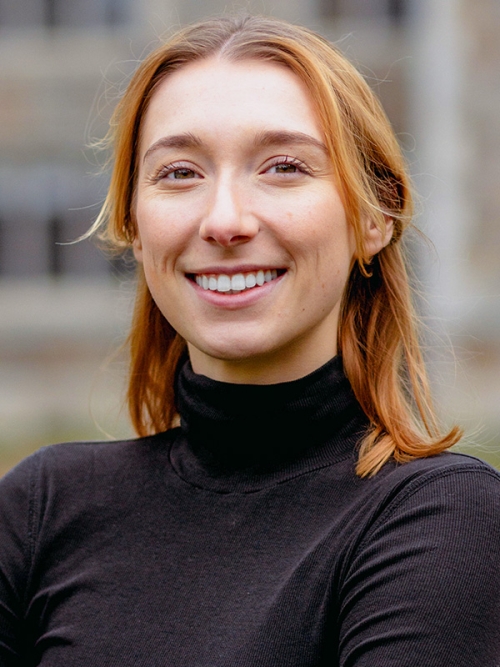
Like Dorton, Towle took a health discrimination seminar at the Law School that opened her eyes to the challenges patients can face in getting the care they need. That experience helped position her for her job as a summer law clerk with Disability Rights Michigan (DRM).
Anastassia Kolosova, ’18, a DRM staff attorney, was one of the team that worked with Towle over the summer. She encouraged Towle to apply for the fellowship and helped her create the project.
Specifically, Towle will provide direct representation to minors to help them gain access to community-based mental and behavioral health Medicaid services. Under the Early and Periodic Screening, Diagnostic and Treatment (EPSDT) section of the Medicaid Act, states must cover all medically necessary services for this age group. These services include therapy, community living supports (which increase or maintain self-sufficiency and community involvement), and mobile crisis units.
“Unfortunately, Michigan has historically fallen short of this federal mandate. My project seeks to close that gap,” she said. “Essentially, the idea around the project is focused on enforcement of the EPSDT mandate and making sure that if someone is qualified to receive care under the mandate, they’re actually receiving care. And if they’re not, we’re going to advocate for them.”
About the Skadden Fellowship
Since the program’s launch in 1988, the Skadden Foundation has funded more than 900 fellowships with the goal of improving legal services for the poor and encouraging economic independence. Ninety percent of former fellows remain in public service. Almost all of them continue working on the same issues they addressed in their original fellowship projects.


